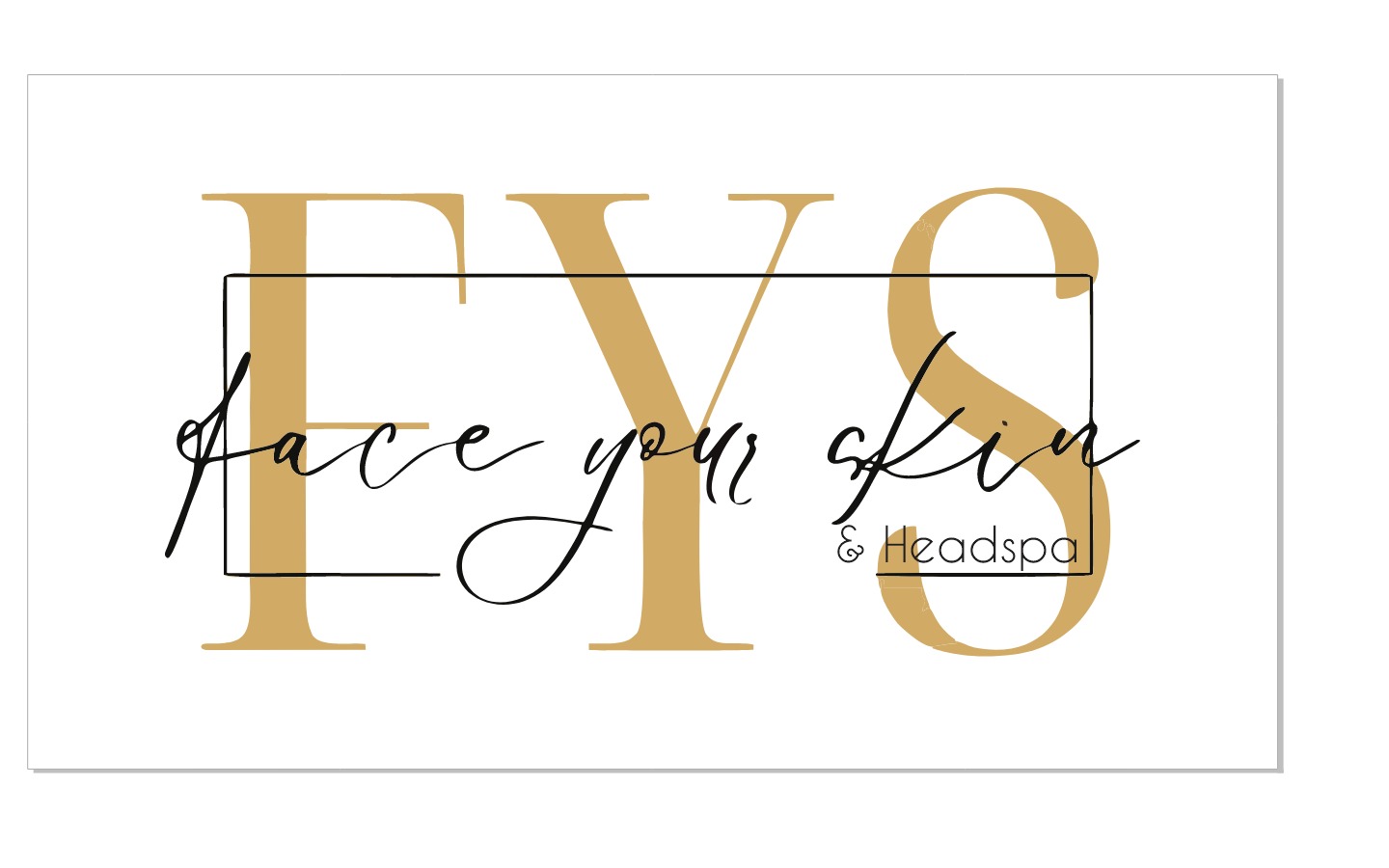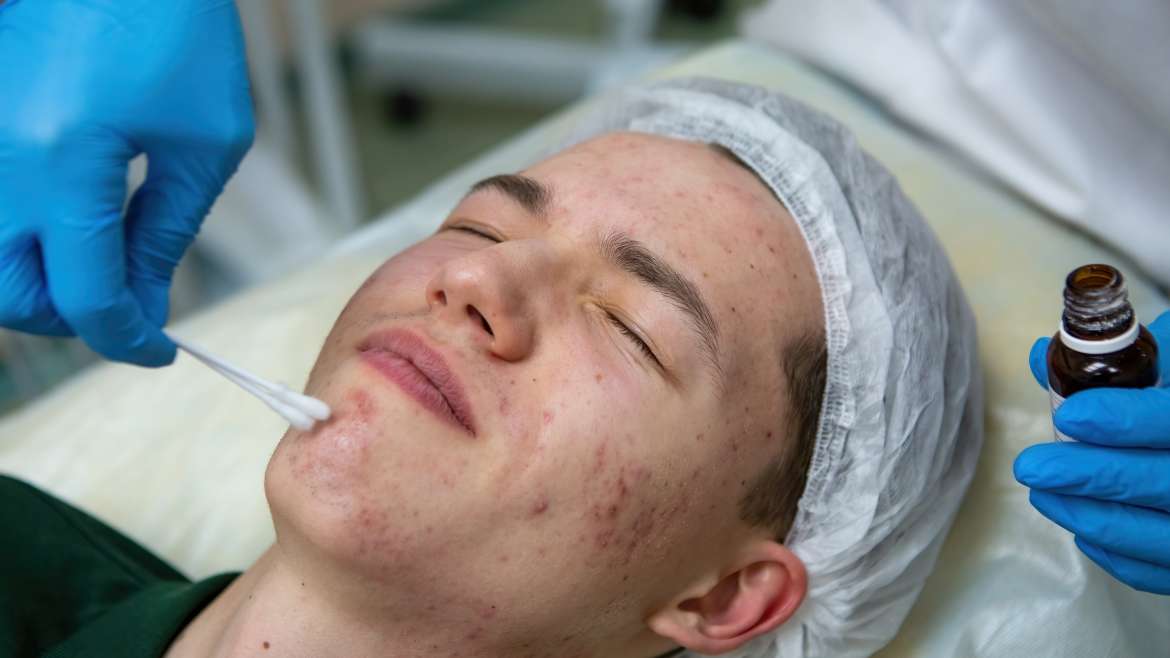Acne treatment can vary depending on the severity and type of acne someone has. Here are some common treatment options:
- Topical treatments: Over-the-counter or prescription creams, gels, or lotions containing ingredients such as benzoyl peroxide, salicylic acid, glycolic acid, or retinoids can help unclog pores, reduce inflammation, and kill acne-causing bacteria.
- Oral medications: In cases of moderate to severe acne, oral medications such as antibiotics, birth control pills (for women), or isotretinoin may be prescribed to reduce inflammation, control bacteria, or regulate hormones.
- Professional procedures: Dermatologists may perform procedures such as chemical peels, microdermabrasion, laser therapy, or extraction of comedones (blackheads and whiteheads) to help clear acne and improve skin texture.
- Lifestyle and skincare habits: Adopting a gentle skincare routine, avoiding harsh products that can irritate the skin, and practicing good hygiene can help prevent acne flare-ups. Additionally, managing stress levels, maintaining a healthy diet, and avoiding certain dietary triggers may also be beneficial.
- Avoiding picking or squeezing: While it can be tempting, picking or squeezing acne lesions can worsen inflammation, increase the risk of scarring, and spread bacteria, leading to more breakouts.
It’s important to consult with a dermatologist to determine the best treatment plan for your specific type and severity of acne. Treatment may require patience and consistency, but with the right approach, many people can effectively manage their acne and achieve clearer skin.

